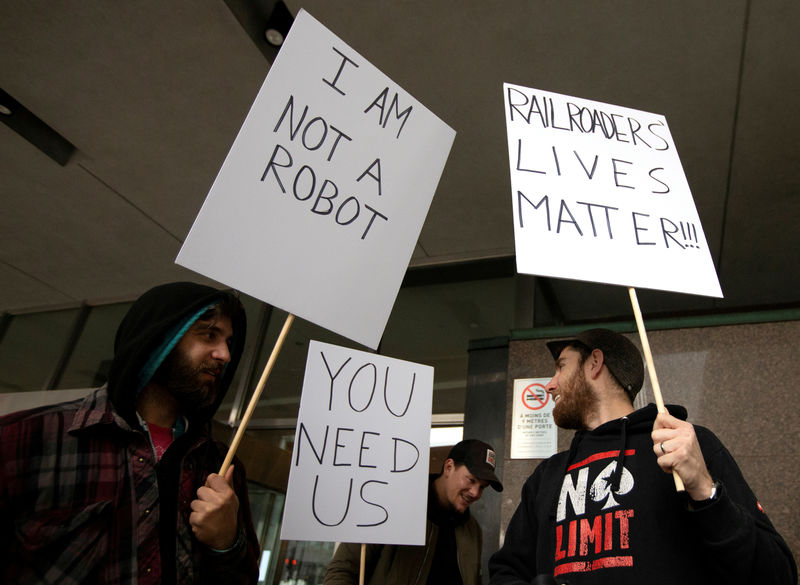By Jeff Lewis
OTTAWA (Reuters) - The government agency set up to investigate claims of human rights abuses by Canadian companies abroad wants expanded powers, the head of the watchdog said, setting up a clash with the mining industry which has fought to limit its reach.
Canada created the office in 2018 to monitor and investigate claims of abuses by Canadian firms operating abroad. The body, which looks at the mining, energy and garment sectors, was meant to have the ability to recommend sanctions against violators, including withdrawing government export funding.
But human rights lawyers and advocacy groups have questioned whether the Canadian Ombudsperson for Responsible Enterprise (CORE) has the resources and independence needed to carry out its mandate.
Ombudswoman Sheri Meyerhoffer said she would ask the new Canadian cabinet minister overseeing the office for authority to compel documents and testimony from companies and their executives.
"We could maximize our impact if we had those powers," she told Reuters.
Its annual budget of C$1.26 million ($948,795) funds a staff of four people, Meyerhoffer said, and a system for fielding complaints against Canadian companies will not launch until next year.
Budget documents show Canada started funding the watchdog in 2017-18 and then scaled up, with a total allocation of $6.8 million over six years. A government spokeswoman would not say if the mandate would be broadened.
Meyerhoffer's remarks came after an ambush on Canadian miner Semafo Inc . (TO:SMF) workers' convoy in Burkina Faso that left 39 dead. The workers had demanded safer travel arrangements in the months before the attack..
Meyerhoffer declined to comment directly on the case but said that her office would assess any complaints against Semafo should they come forward.
Canadian miners oppose the appeal for expanded powers and have lobbied against having a quasi-judicial office.
"We don't agree that the design of an office along those lines would achieve the objectives that it's supposed to achieve," said Pierre Gratton, president of the Mining Association of Canada.
Non-government groups have for years called for greater oversight of Canadian mining companies abroad following a number of environmental incidents and accusations of human rights abuses, including that of forced labor at Canadian miner Nevsun Resources Ltd’s mine in Eritrea.
Nevsun, bought last year by China's Zijin Mining Group Co Ltd (SS:601899), has denied the allegations.
Another case, against Hudbay Minerals Inc (TO:HBM) over alleged abuses in Guatemala, is at trial.
The CORE was meant to offer a cheaper and potentially faster alternative to provide redress for alleged harms.
Prime Minister Justin Trudeau's government appointed Meyerhoffer, a lawyer and former oil lobbyist, to the role in April. The office has yet to take on a single case.
The watchdog "relies on companies’ goodwill to voluntarily provide information that it requires in order to do an investigation," said Emily Dwyer, coordinator of the Canadian Network on Corporate Accountability.

"It has not been given the basic, minimum kind of mandate and tools that it would need to have any effect," she said.